Course Announcement
As academic courses are further boosting qualified professionals to fit the challenges of a knowledge-based society that is relying more extensively on our sustainable relationship with the earth and oceans, there is a growing need to qualify the skills of students in the efficient handling of data. This is the evolving scenario that elevates the value of data, in particular that related to the sea, and its transformation into information and knowledge in the context of the digital age, spearheading the evolution of marine services to match stakeholder demands, and boosting research and innovation applications, such as within the ambit of Blue Growth and Mission Ocean – the European Commission’s initiatives to further harness the potential of Europe’s oceans, seas and coasts, for sustainable development, jobs and value.
This is the background against which SEA-EU is offering a joint intensive course engaging some of its best expert academics from its allied universities to deliver a training programme dedicated to data harvesting and harnessing. If you are a student pursuing to complete your undergraduate studies or to do research (MSc or PhD) based on the specialised use of data, or a professional seeking to enhance your skills and expertise, this is your opportunity to sharpen your talents and learn in one spot how to search, understand, handle and exploit data in one single dedicated formative intensive course. Through this course, SEA-EU is showcasing the benefit of merging academic excellence across the alliance universities to offer students a unique setting for a cross-university experience, through a joint delivery, with exchange and teamwork between students from different European countries in a common shared academic environment.
 The course tackles the full range of data types, covering the different data acquisition and generation platforms (e.g. observations and models), and including the merging of data of diverse nature (e.g. socio-economic and ecological) including non-scientific and qualitative data (eg resource tracking and mapping, demography, performance statistics, etc).
The course tackles the full range of data types, covering the different data acquisition and generation platforms (e.g. observations and models), and including the merging of data of diverse nature (e.g. socio-economic and ecological) including non-scientific and qualitative data (eg resource tracking and mapping, demography, performance statistics, etc).
The course adopts a practical and hands-on approach throughout so that concepts and methods are delivered through examples and real applications, especially those related to the marine and maritime contexts. The delivery of the course is expected to apply a blended approach where students would be offered options with a mix of online and physical delivery. The course is planned in three linked but distinct components (introductory, practical and project phases). The introductory lectures are delivered online and spread over a period of two months (October/November 2022); the practical week will be held this year at the University of Cadiz and is scheduled in the last week of November while online practical sessions will be organised separately over a longer period; the project phase will be held later on in March/April 2023.
The execution of the course is done jointly by the partner universities and coordinated by a Board of Studies , supported ex-ufficio by Prof. Aldo Drago (aldo.drago@um.edu.mt) who had started the course concept and development.
The hosting and organisation of the intensive practical week will be done on a roster basis, with the host/lead university rotating every year between the participating universities. For the academic year 2022/23 the University of Cadiz is the host under the coordination of Prof. Alfred Izquierdo Gonzalez (alfredo.izquierdo@uca.es).
The course does not carry tuition fees and is open to any candidate (even students outside SEA-EU and from non-academic institutions) who satisfies the criteria for eligibility to apply to the course. Please refer to the application section for more details.
Applicants who are coming from the SEA-EU alliance universities can avail of ERASMUS+ funding through a dedicated Blended Intensive Programme (BIP) and need to apply accordingly. For more info on the course please follow the details in the course website, contact the members of the Board of Studies or the Course Secretariat through Audrey Zammit (audrey.zammit@um.edu.mt).
